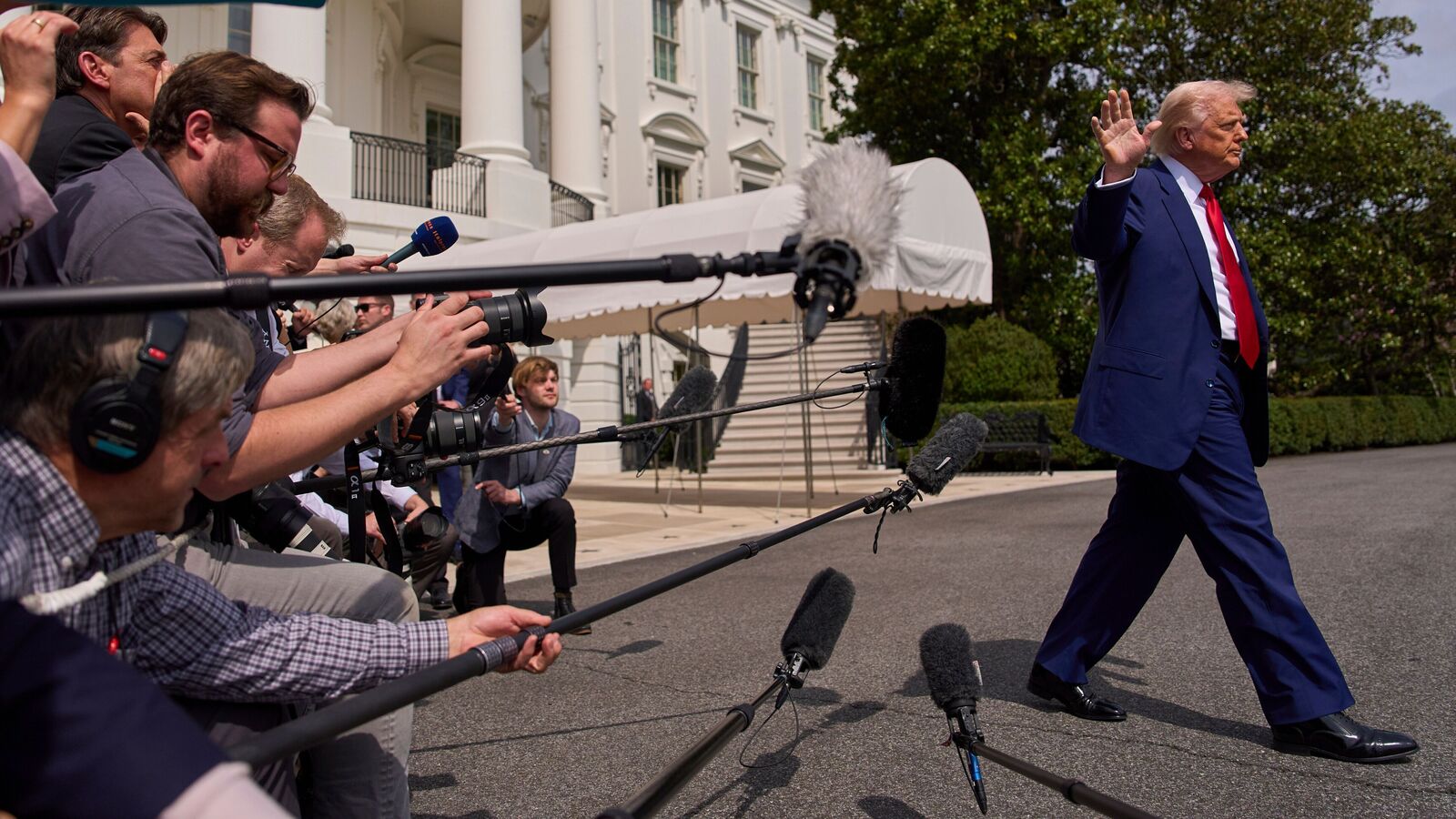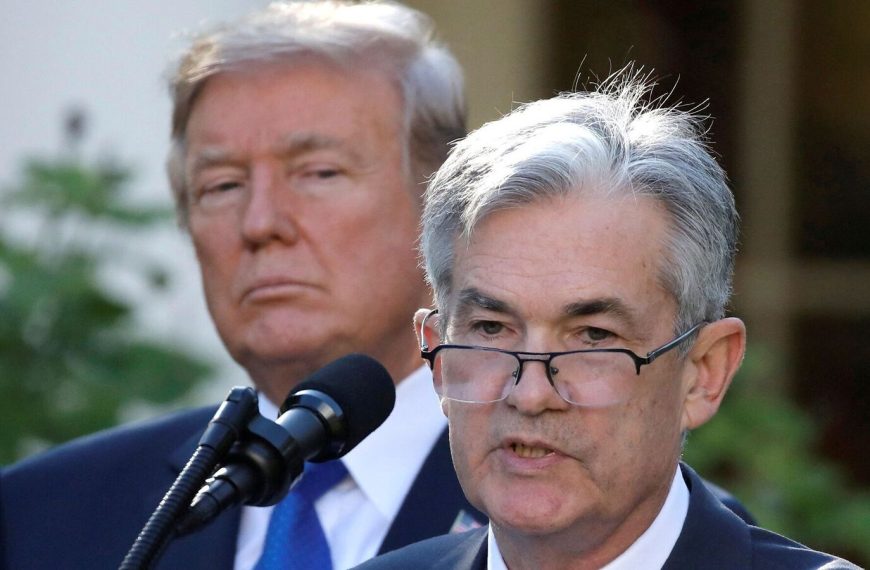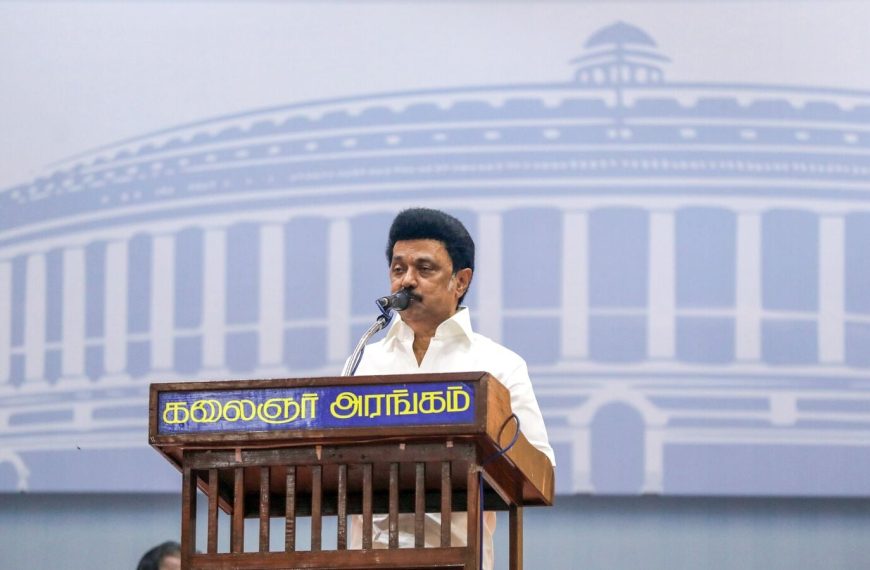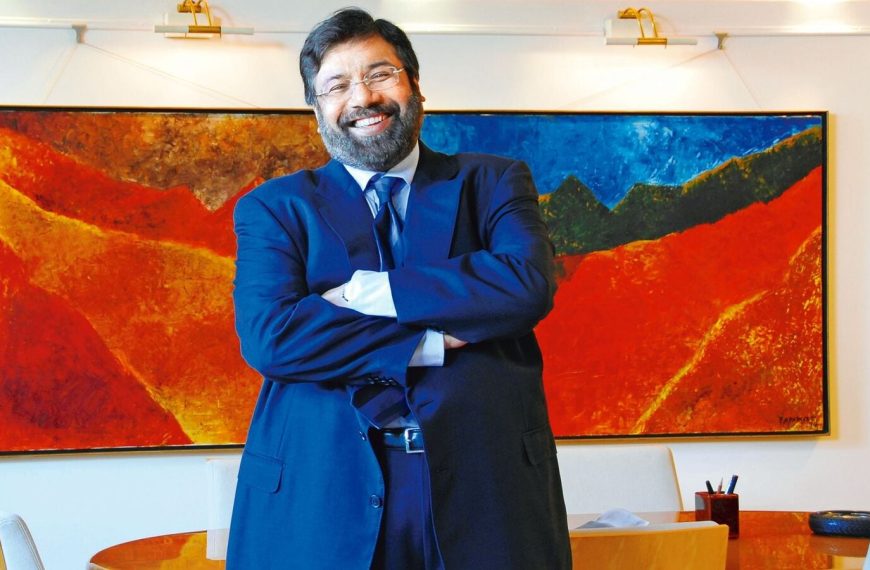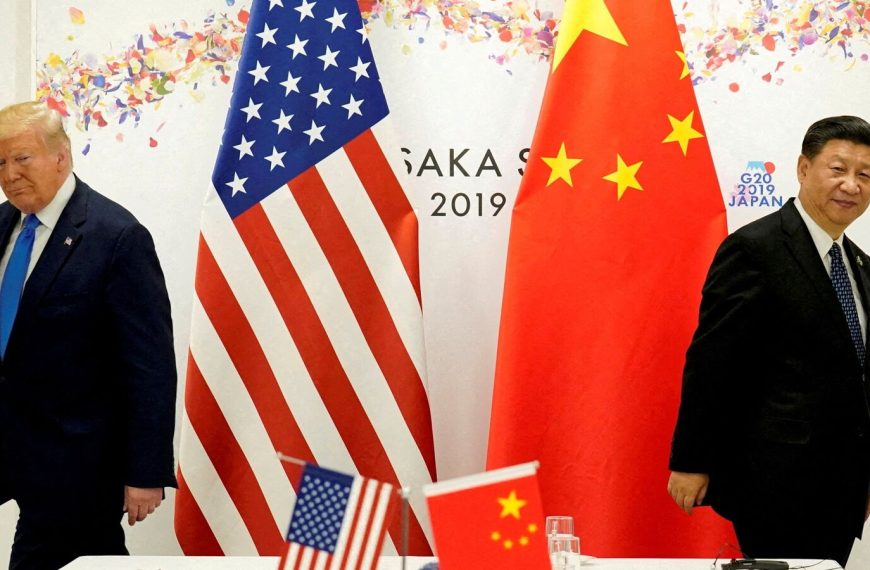On Saturday, President Donald Trump expressed that major corporations appear largely unconcerned about his extensive tariff policies, which have sparked a significant downturn in the stock market—the worst since the onset of the COVID-19 pandemic. Despite this, he remained optimistic about the future of investments in the United States, emphasizing the potential for wealth creation amidst the current economic climate.
Trump’s Optimistic Outlook on Investments
In a recent post on his social media platform, Truth Social, Trump declared, “For those investors entering the U.S. and pouring in substantial funds, my policies are set in stone. This is a prime moment to amass wealth like never before!” He continued, stating that large businesses are not anxious about tariffs, as they recognize their permanence, but rather they are looking ahead to a “BIG, BEAUTIFUL DEAL” that could revitalize the economy.
- Key Points from Trump’s Statements:
- Tariffs are a long-term fixture in U.S. trade policy.
- Major corporations are focused on potential economic deals.
- Trump encourages investment as a pathway to wealth.
Escalating Trade Tensions with China
Earlier on the same day, Trump criticized China for implementing a 34% tariff on all American products in retaliation for his own tariffs, which raised import duties on Chinese goods to a minimum of 54%. This back-and-forth could heighten the trade conflict and exacerbate global economic challenges, raising fears of a potential recession.
- Market Impact:
- The S&P 500 Index plummeted by 6% on Friday.
- This marked the steepest decline in two days since March 2020, wiping out approximately $5 trillion in market value.
Despite these alarming figures, Trump remained upbeat, buoyed by the latest jobs report showing that U.S. nonfarm payrolls rose by 228,000 in March, an indication of robust hiring prior to his tariff announcement. He proclaimed, “GREAT JOB NUMBERS, FAR BETTER THAN EXPECTED. IT’S ALREADY WORKING!” on social media.
Mixed Signals on Tariff Negotiations
The situation remains complicated for both international leaders and business executives due to Trump’s fluctuating stance on tariff negotiations. On Thursday, he hinted at a willingness to reduce tariffs if other nations could offer something “phenomenal” in return. This uncertainty adds to the challenges posed by his trade policies.
- Insights from Experts:
- Peter Navarro, White House trade advisor, argued that granting exemptions could diminish the incentive for companies to invest in U.S. manufacturing.
Conclusion: A Call to Action for Investors
In light of these developments, Trump encouraged investors to view this period as an opportunity for substantial financial growth. He shared a TikTok video suggesting that his strategies might deliberately trigger a market downturn to motivate the Federal Reserve to lower interest rates. The underlying message remains clear: tariffs are seen as a mechanism to foster domestic investment and incentivize local agricultural sales, ultimately benefiting consumers with lower prices.
Navigating these turbulent waters will require keen attention to the evolving trade landscape and the implications of Trump’s policies on both domestic and global markets.

